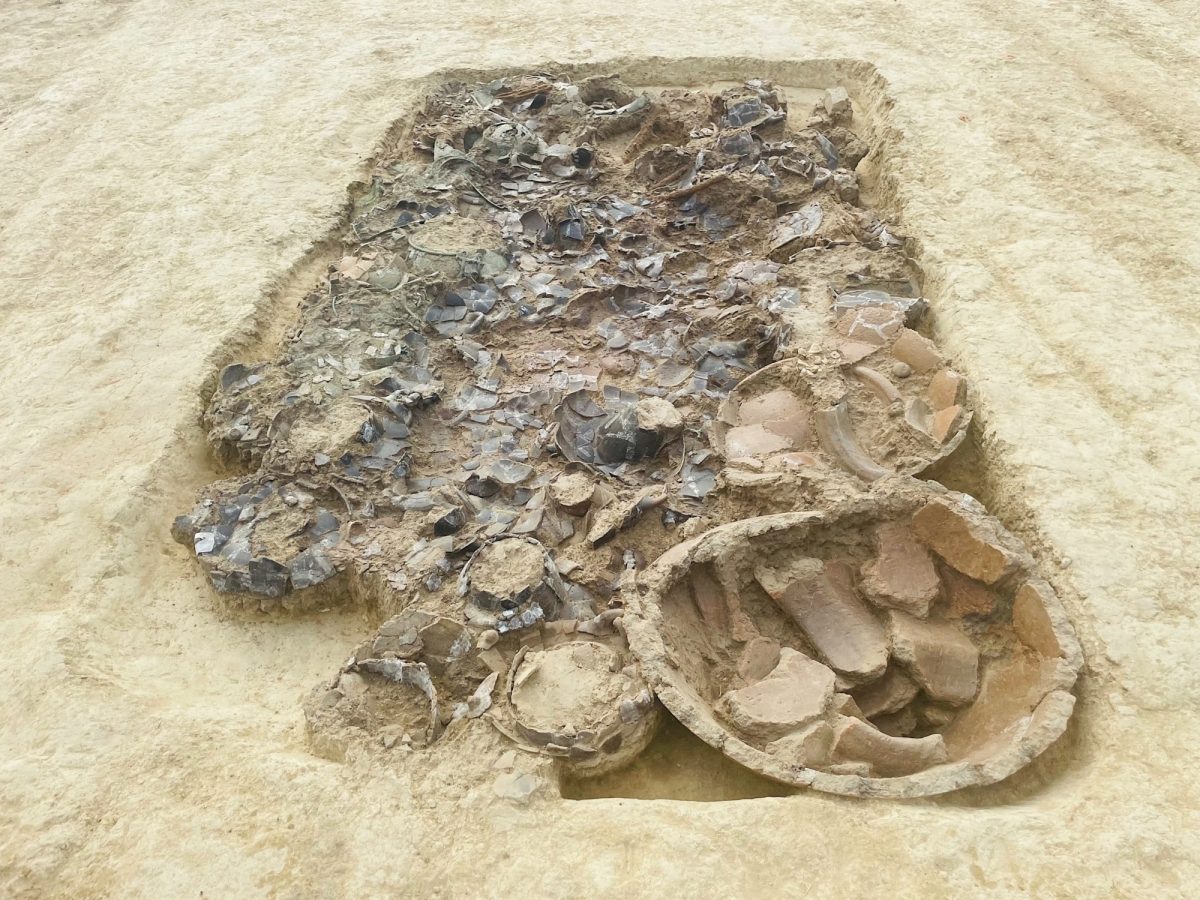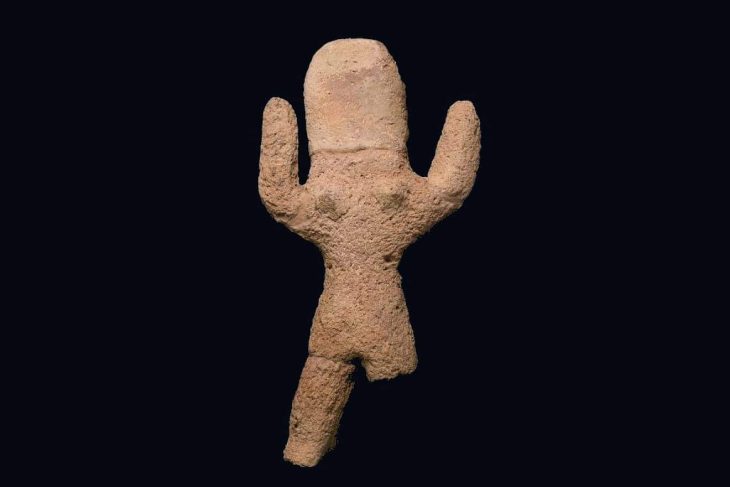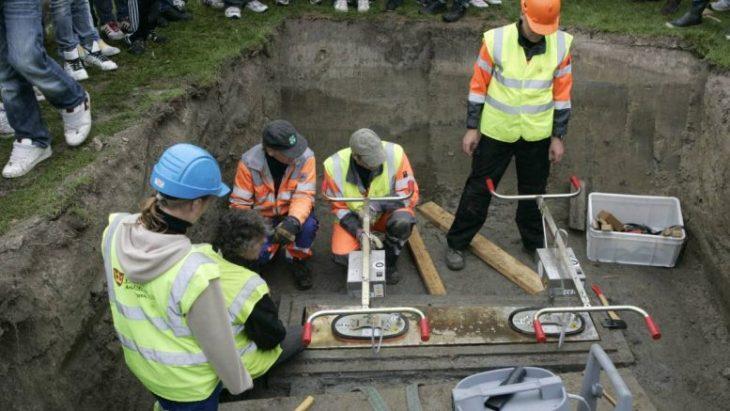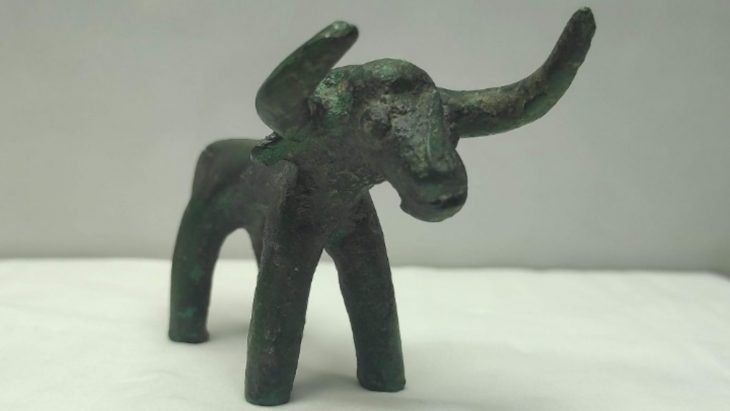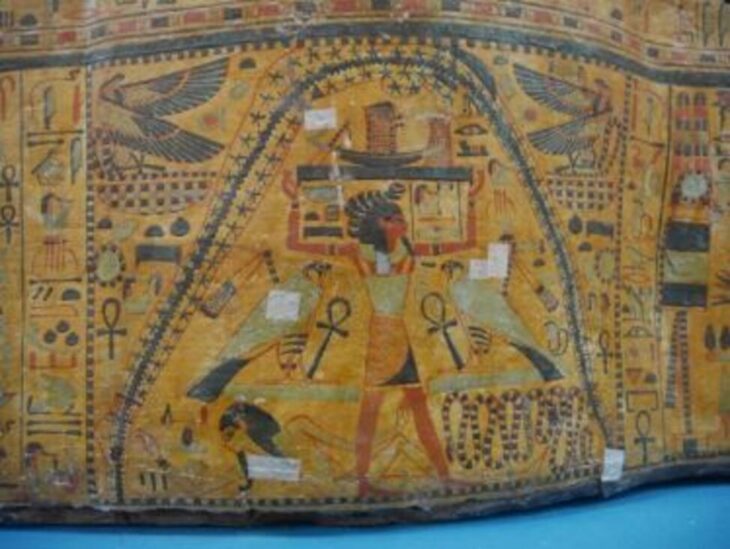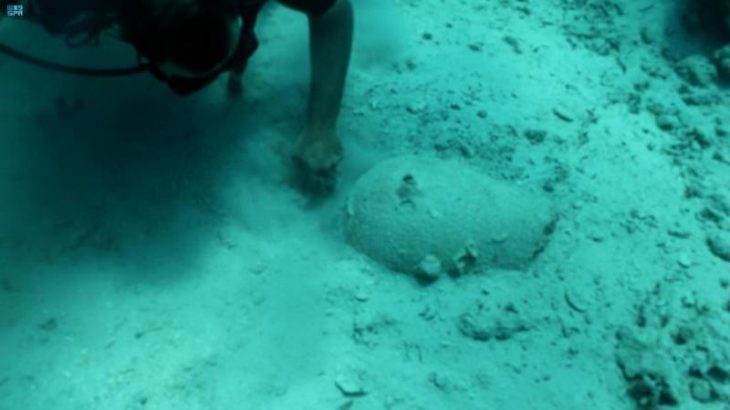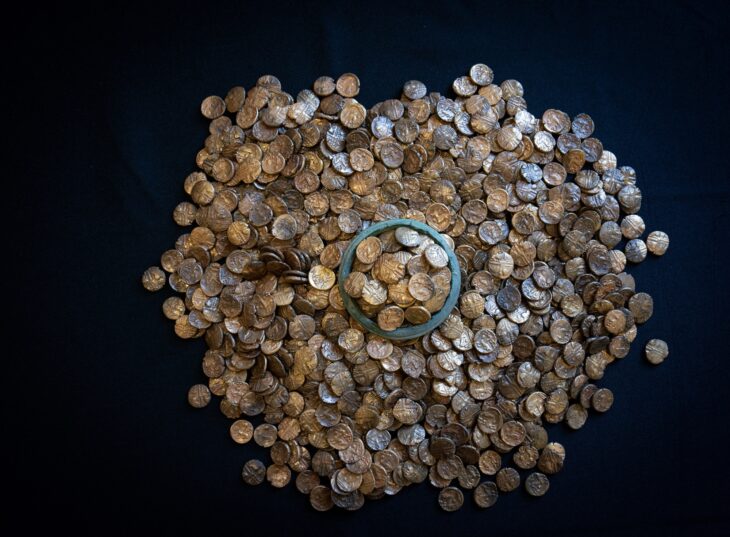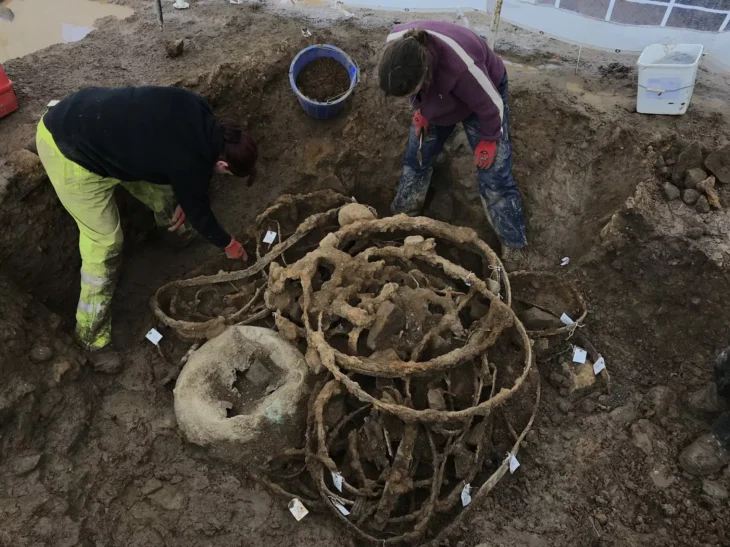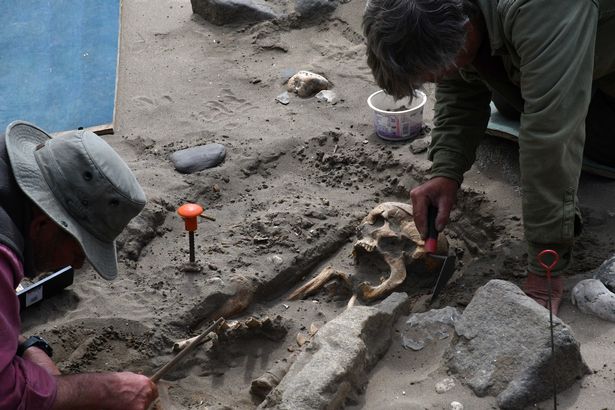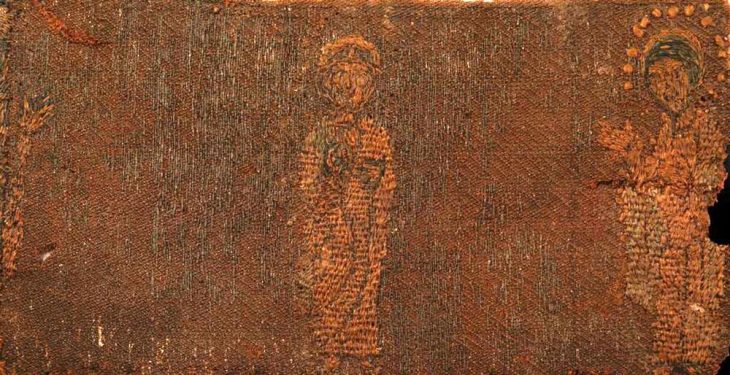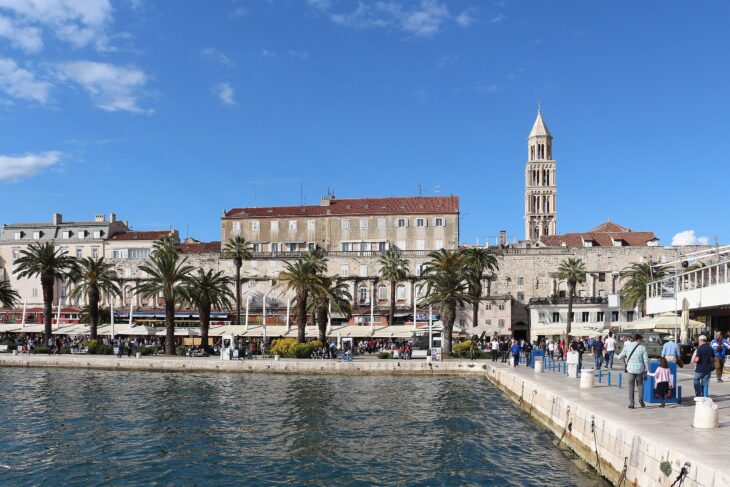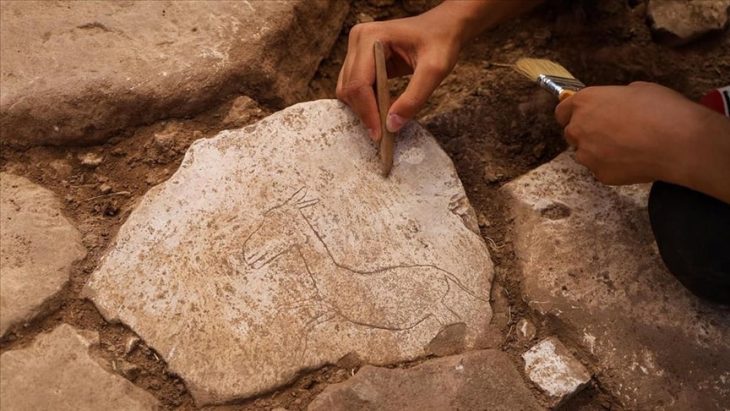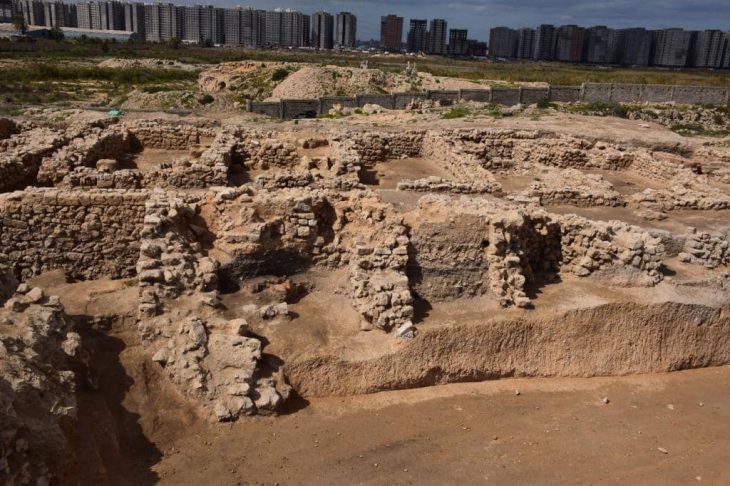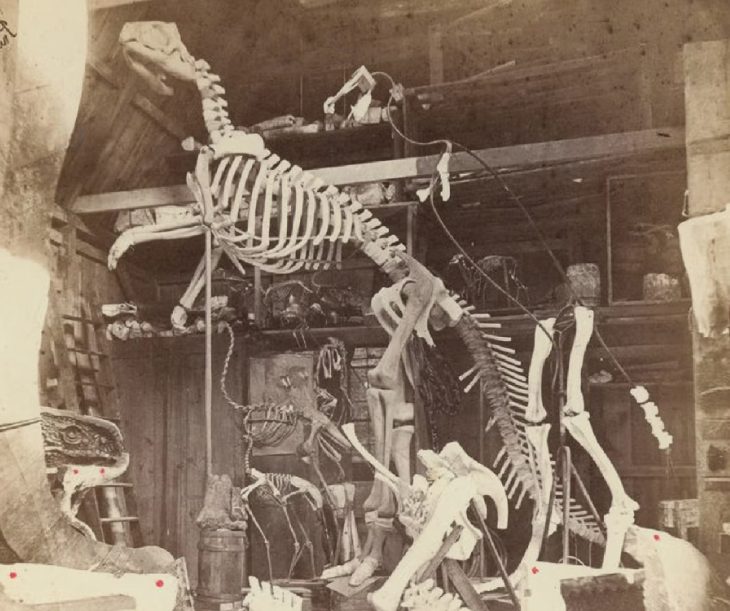Following the discovery of the so-called ‘Prince of Corinaldo’ in 2018, archaeologists from the University of Bologna have discovered a new princely tomb dating to the 7th century BC at the Corinaldo Necropolis in the Italian province of Ancona.
The Piceni people lived in Italy during the early Iron Age. They were primarily concentrated in Novilara in the north and Belmonte in the south. There is proof that they were wealthy people and that they traded with the Greeks as early as the 7th century BC. According to researchers, their population was warlike and they possessed very little artistic ability. In the end, in 268 BC, Rome annexed their territory.
A recent discovery led by Dr. Cecilia Carlorosi and Ilaria Venanzoni consists of a princely tomb of notable magnitude. The excavation revealed a square pit approximately 3.80 meters by 2.20 meters, located within a large circular ditch originally with a diameter of 30 meters.
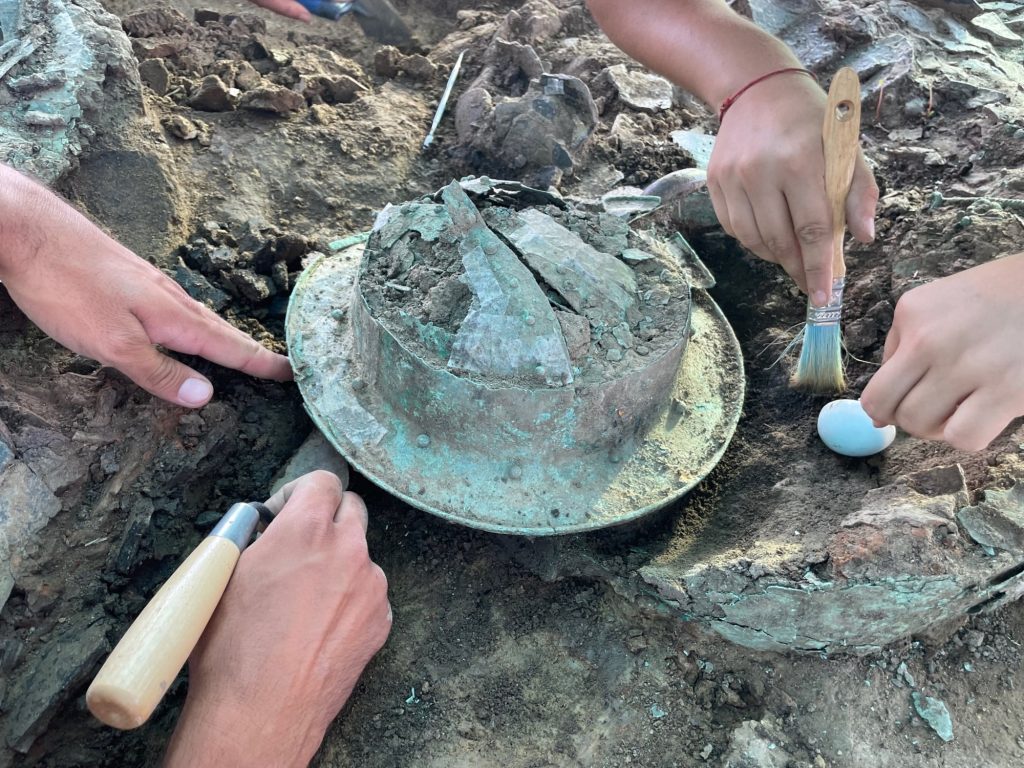
Objects recovered from a high-status grave of the Piceni people discovered in Corinaldo, in the central Italian region of Le Marche, this tomb contained more than 150 artifacts, among which a two-wheeled chariot and a prestigious set of bronze objects stand out. Among these objects are a helmet, a cauldron, and numerous finely decorated containers, indicative of the aristocratic lifestyle of the time. While numerous other objects, probably from his home, were connected to the sacred ritual of farewell.
The archeological evidence points to a relationship between the Picene nobility and the Etruscan culture, with which they had interactions and exchanges throughout history.
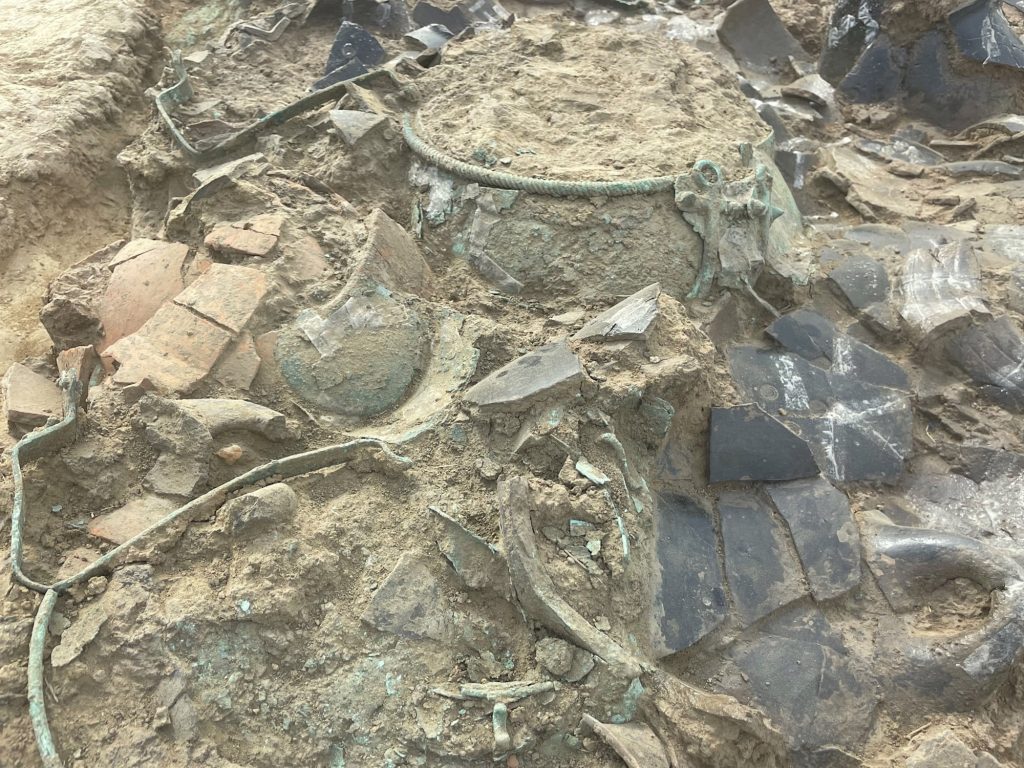
The artifacts discovered, which include food and drink containers and utensils for banquets, provide an intriguing look into the daily routines and habits of prominent members of the ancient Picene society.
This discovery is part of the ArcheoNevola Project, directed by the University of Bologna in collaboration with the Municipality of Corinaldo and the Soprintendenza Archeologia Belle Arti e Paesaggio for the provinces of Ancona and Pesaro Urbino.
Cover Photo: Città di Corinaldo

